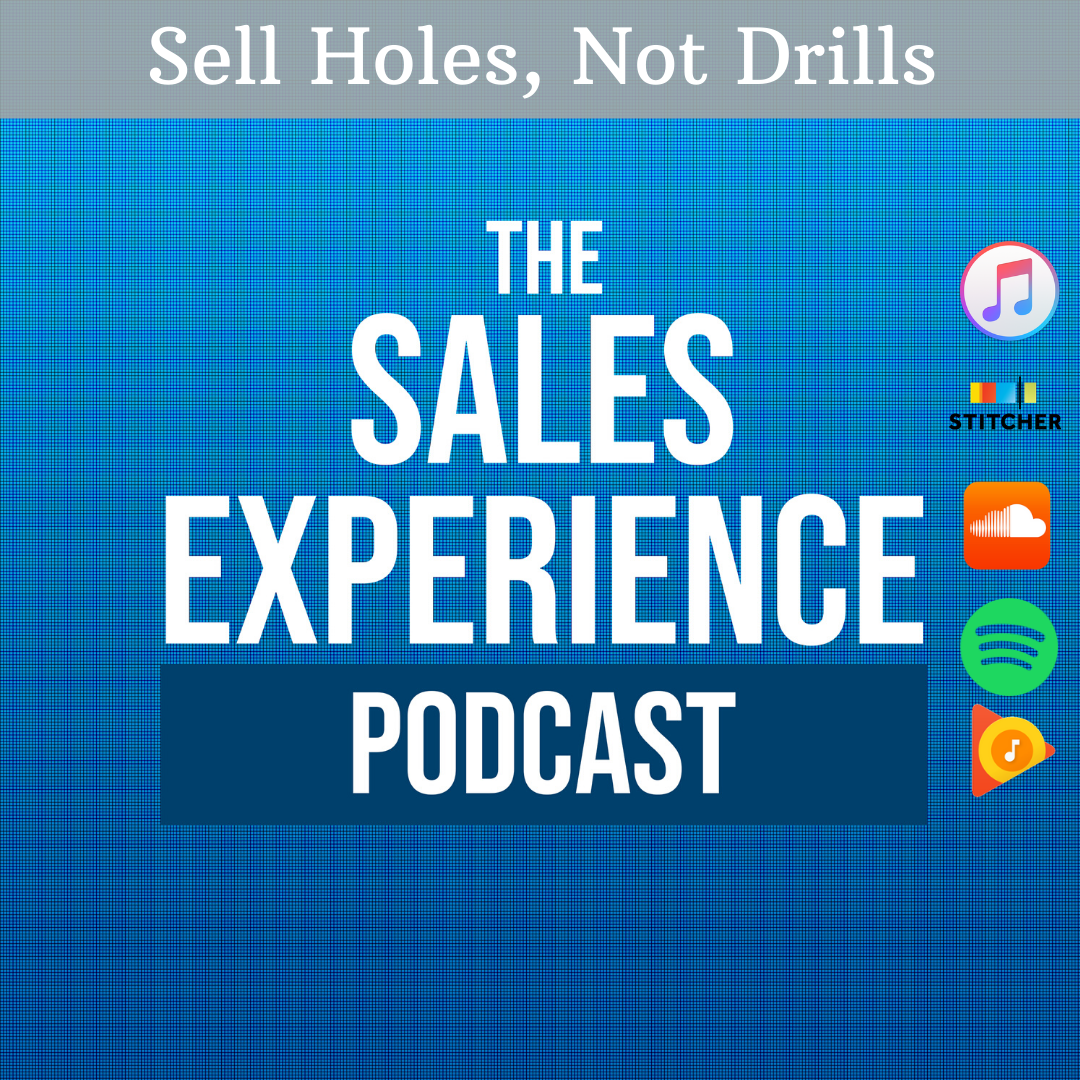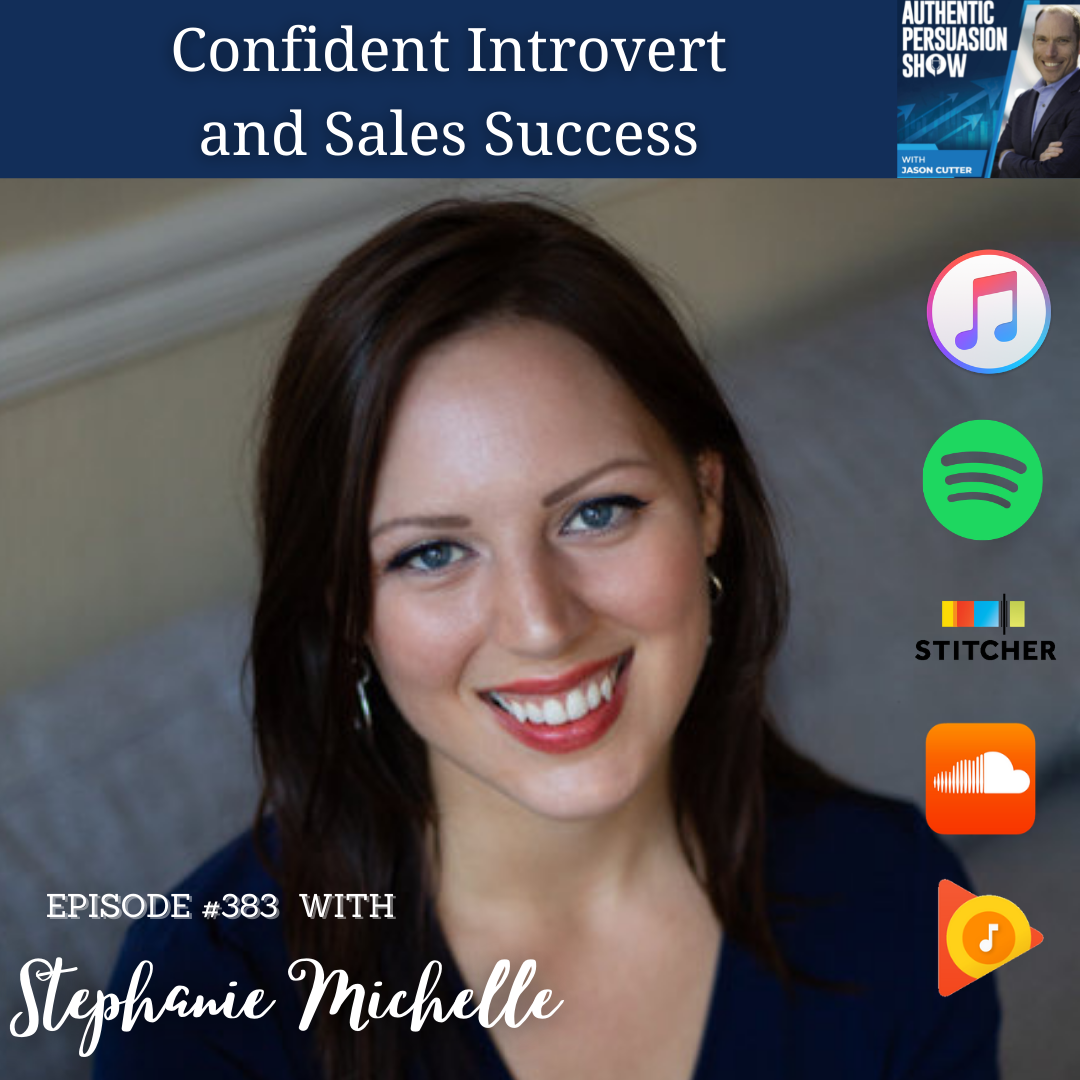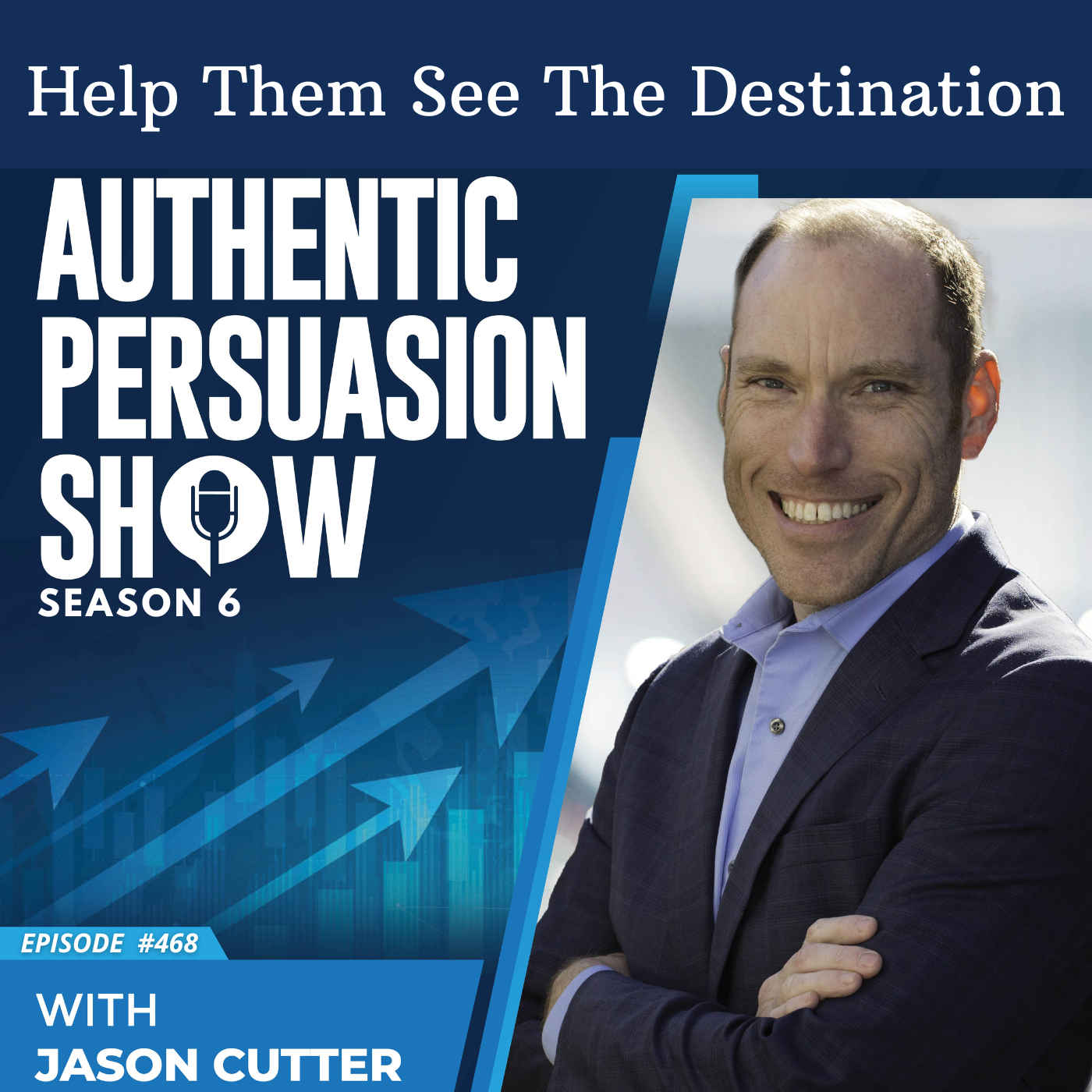Episode Transcript
Jason: All right. Welcome back to the sales experiences. The final part of my conversation with Dan Englander from sales schema. If you haven't check out the first three parts, it'll make a lot more sense. I promise. Where we pick up the conversation, let's just roll into it. And this is the final part of my conversation with Dan.
I wasn't expecting much.
Dan: I didn't want anyone to jump through hoops, but just like, come on, man. This is kind of the gig, right? Like follow up, just people get busy. Maybe he just wasn't interested, but I've had this happen with people a couple of times where it's like, clearly they were interested because eventually they fall, they would follow up, but it's like, just not keeping an eye on the.
exact task that you're going to be doing should you be in the job.
Jason: And that's a great commentary. And for anyone listening, salespeople or managers, owners, the one thing I always tell, especially hiring the managers is that your candidates outside of the nervousness, which everyone has when you get into those situations, because you just want to do well outside of that nervousness.
Once that you kind of push that aside, people are who they are. And that person will treat you, the hiring manager or owner, the same way they will treat their pipeline, right? If they want the job, they will go through the same process. They will, if they want a sale from a lead that they're working on. So if they don't do the follow up, if they don't check in, they don't send the thank you note.
If they're not pushing it. Hard like to get the job, I guarantee if you hire them and put them in that seat, they will treat your pipeline the same way and they won't do the follow up and they'll hope for the easy ones. I mean, I even know a company where they specifically tell people no, and I've shared this many times on the store.
I had a guest on here that was talking about this as well, where they'll specifically tell perfect candidates no. Just to see which ones after the fact will say, no, you're wrong. I am a good fit and let me show you why. Cause sales is all about rejection, right? They're going to hear no all the time. And do they give up and go away or do they fight for something that is a good fit that would make sense?
Right, exactly.
Dan: And I think that that's really important. Like being able to get decisions from people, being able to tee them up the right way. I think is, is so much of the game and I guess what I've experienced is so much of it's about the setup, like so much of it's about thinking about the situation before it happens, as opposed to having to act in full time in real time.
And I'd love to hear your thoughts on this in more of a consulting capacity. But I think that a lot of the times, like the sort of Hollywood view of sales is, is it about like thinking on your feet, right? Like the shark tank kind of thing. And sometimes that happens, but it's really more about like, no, to do it right.
It's like, These mountain climbers that hash out every little notch in the mountain before they climb it. Occasionally there's surprises, but you don't really want there to be surprises, you know?
Jason: No, and that's interesting about the mountain climber example, because I forget which documentary I watched, but a guy who free climbs like this crazy thing.
That was called Donald Duck, right? Yeah, that no one ever had, and he did it, but how much prep, and studying, and pictures, and mapping out the handholds, and like, Knowing exactly where he's going to go and then it's just a mental game, but it's not a, I wonder if I'll make the, it's not a, which way will I go?
It's a, I've got to go that way and just pull it off, but it's all mapped out. And yeah, I mean, I think that's the concept. I've had so many conversations, so many guests on the show where we talk about that same thing, which the sales community, and it's not just sales people in general, but it's also the managers and the leaders and everybody is they expect people to practice.
on the field in the Super Bowl, like that's it. Like we're not going to practice in advance. Just go out there and good luck. Let's win the big game, right? Because the challenge is that if you're not selling deals, if you're not on the phone moving deals forward, you're not making money. And so anything outside of that is seen as a detriment and taking away from it.
So watching game footage, as I say, right? Like listening to calls, listening to interactions. going through that and breaking down, doing training. I mean, if you look at a professional athlete's life, I mean, 5, 10 percent of their life is what you see on the field, on the courts. Football's even like worse, like not worse, but it's even more extreme because they play once a week.
And so they spend the other, let's say six, five, six days a week doing everything. Playing on in the game, but sales is more like baseball where there's a game every day and there's no time to practice and you just go out there and good luck and hopefully you get better. One thing I've seen is that sales people worry about only being able to win if they use manipulation, tricks, tactics, and hard closes.
So they end up struggling to close deals, make their quota, or earn the kind of money that they want to make. If this sounds like your current situation or maybe you want to make more money in sales without feeling like you're selling, then my upcoming book called selling with authentic persuasion will help in it.
I'm going to take you on a journey to transform from order taker to quota breaker. If you're ready to become an authentic persuader, crush your goals and create success in your sales career, then go to Jason cutter. com again. That's Jason cutter. com and pre order the book today. Yeah.
Dan: And I think that one idea that everything you're talking about, maybe come up with, and this has to exist.
Maybe you do this as part of your practice. So I'm curious of your thoughts. There's this idea of like a role playing training and sales, right? Where you like pretend to be a prospect and it's always a little bit fake because both sides know it's kind of simulated. Is there like a mystery shopper program for sales training where you basically, it's a fake prospects who are not actually burning a real lead, but they come and they pretend to buy with a new sales hire.
Just to get the
Jason: so I actually offer that service and I've done that for some companies. Usually it's part of the analysis process in the beginning, which is let's see where the holes might really be. And it's one thing to listen to recordings. It's another one to interact back and forth. I think that's super valuable.
I mean, you know, there is that wasting a salesperson's time on a non real prospect. But there's something to doing that and or the role playing through the mystery shopper to really see what it's like when they're not trying to perform well, right? For the same reason that companies forever have used mystery shoppers in retail and restaurants where you don't know you're just doing your job and then they're rating you accordingly and looking for those things that are missing.
So I do that. And it's one of those things I've been working on doing more for clients, because I think that's so important, especially in the beginning, because there's a lot of companies who say, I think we're doing okay. We don't really need any help. And I'm like, are you sure? Just give me a chance.
Like, let me get in there and have a couple of phone calls and I'll tell you what I think.
Dan: Right. And I think it gets really interesting about it is like in the digital world, now you have to have enough of a. Footprint for like a salesperson to take you seriously. Right. So it's like the LinkedIn profile, the website, if it's a B2B situation, I feel like there's so much value that can be provided through a service like that.
Cause it's almost like you'd have to go and enlist real companies and say like, Hey, I'll pay you for your time or something, but I want you to like simulate a sales situation with my client. And I think that could be, somebody has to be doing that.
Jason: So yeah, no, that's an interesting idea, especially in the B2B, right?
Like most of the time I've spent in the past is business to consumers. That's easy, right? Cause the consumer footprint is. is nothing nor does that care, you know, matter in a lot of transactions, at least to a certain point. So yeah, I think that's important. I mean, I think all that's valuable and it's all about that feedback.
It's all about putting in the effort and trying to get better and wanting to get better, but not in the game. Right. Exactly. Yeah. That makes a lot of sense because that gets painful. That gets very expensive. Well, I appreciate you being on the show for people listening best places for they can find you.
So sales schema is your business website. So sales schema. com. They can email you Dan at sales schema. com. Also, you're pretty active on LinkedIn, which is a great place anywhere else that they can find you. Is that that pretty much covered? Those are probably the best places. Yeah. I appreciate it. Yeah. And to my fellow fighting banana slug alumni.
Thank you, Dan, for being on the show. I appreciate it.
Dan: Yeah, thanks man. And we're not fighting too much. We're just moving very slowly.
Jason: Yeah, that's, I always say fighting banana slugs at UC Santa Cruz. Yeah. But, uh, yeah, it's not very fighting. There's not much of a fight in that. Yeah. More of a chill school.
But yeah, just slow and steady. We'll get there eventually. Yeah, exactly. All right, Dan. Appreciate it. That's it for another episode of the Sales Experience Podcast. Thank you so much for listening. If you find yourself on iTunes, can you leave the show a rating and a review? It helps other sales people and sales leaders find the show and please subscribe to the show and share episodes you find valuable with anyone you know in sales.
Help me on my mission of changing the way sales is done. And if you're ready to work together, go to Jason cutter. com. Again, that's Jason cutter. com. To find out how I can help you or your company create scalable sales success. I will see you on the next sales experience podcast episode, and keep in mind that everything in life is sales and people remember the experience you gave them.
![[E279] Helping Agencies Sell More, with Dan Englander (Part 4)](https://episodes.castos.com/salesexperiencepodcast/images/Dan-Englander.png)


